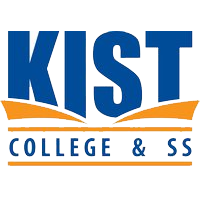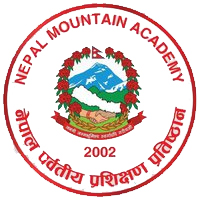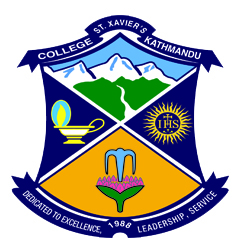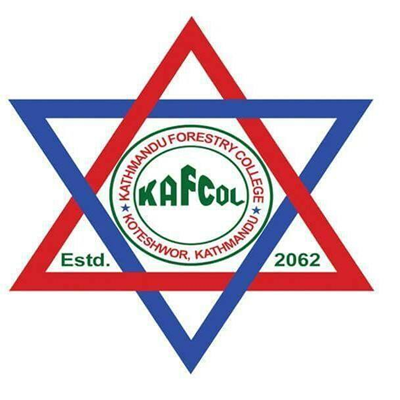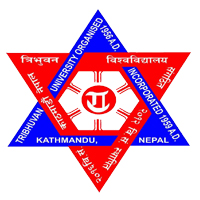Overview
MSc Microbiology at GoldenGate International College, Battisputali, Kathmandu
MSc Microbiology at GoldenGate International College, Battisputali–Old Baneshwor, Kathmandu, follows Tribhuvan University’s two-year, four-semester plan. The course advances microbial physiology, immunology, medical and environmental microbiology, industrial and food microbiology, molecular biology, biostatistics, and research methods.
Your training links advanced laboratory work with seminars and a dissertation so you can handle complex samples and present reliable conclusions.
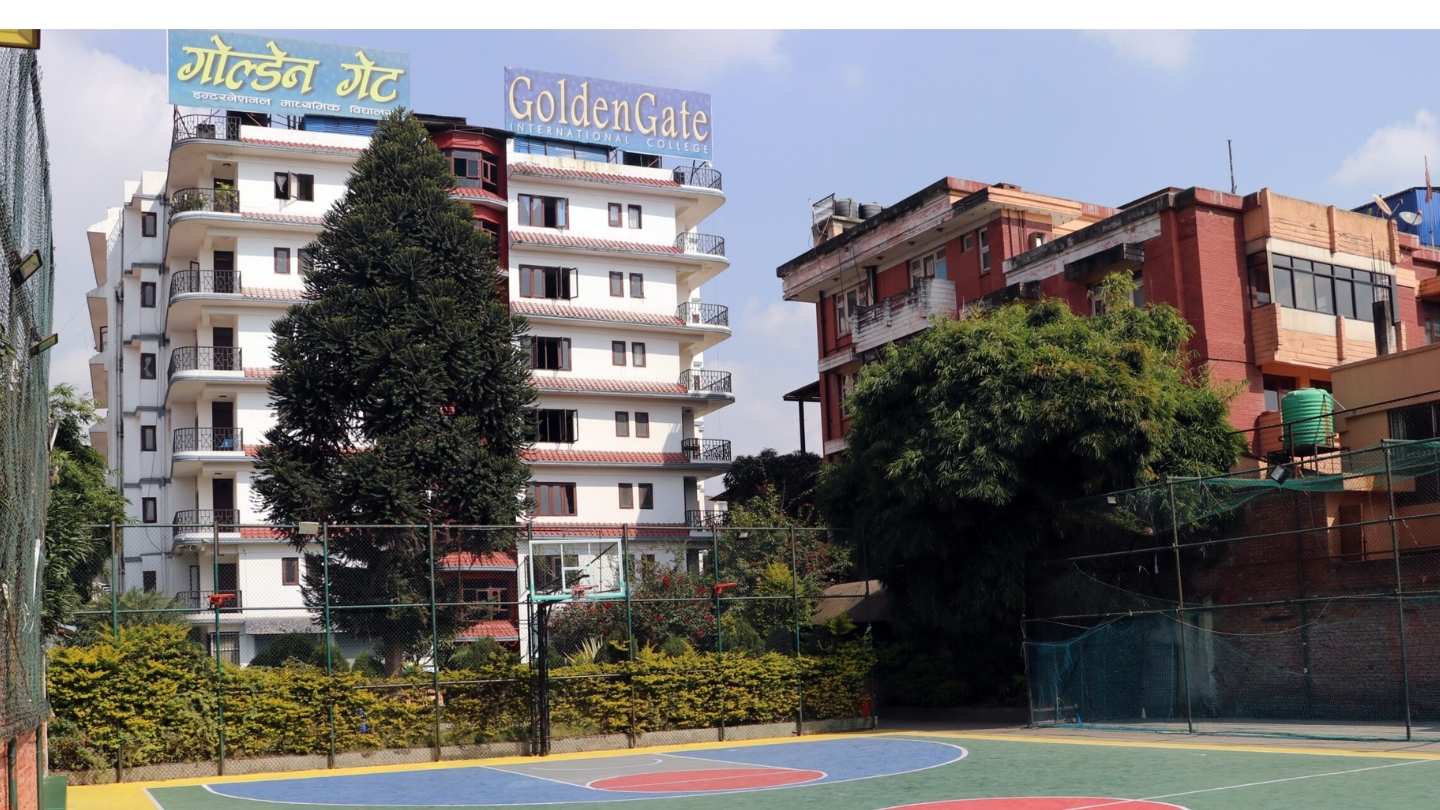
Highlights
Affiliation: Tribhuvan University
Duration: 2 years (4 semesters)
Academic Area: Microbial physiology and metabolism, immunology, medical microbiology, environmental microbiology, industrial and food microbiology, molecular biology and genetics, biostatistics, bioinformatics basics, laboratory work, dissertation
Location: Battisputali, Kathmandu
Evaluation: Continuous assessment, practicals, viva, and TU semester examinations; dissertation submission and defense
Learning Support: Microbiology laboratories, media and culture facilities, library resources, reading groups, and faculty supervision
Curriculum Details
Initial semesters revisit cell structure, metabolism, regulation, and host–pathogen interaction. Students refine aseptic technique, culture methods, staining sets, biochemical tests, and quantitative counts. Biostatistics supports error checks and clear charts for reports.
Medical microbiology deepens knowledge of pathogen groups, specimen handling, and interpretation under safety guidelines. Environmental modules address water, soil, and waste systems with indicator organisms and field sampling. Industrial and food microbiology link fermentation, product hygiene, and quality documentation.
Later semesters bring molecular biology, genetics, and selected electives. Students review PCR concepts, gene expression, and sequencing basics where scheduled. A seminar paper builds confidence in presenting recent literature. The dissertation follows proposal approval, method standardization, data collection, analysis, and defense.
Objectives
-
Advanced Knowledge: Understand microbial systems across health, environment, and industry.
-
Laboratory Mastery: Maintain sterile practice, run tests accurately, and document steps that others can repeat.
-
Quantitative Care: Use statistics for counts and sensitivity results with transparent assumptions.
-
Research Writing: Produce a dissertation with verifiable methods, figures, and references.
-
Professional Conduct: Follow biosafety rules, ethical authorship, and proper waste management.
Scope
Graduates support laboratory testing, food and water quality units, hospital labs, biotechnology initiatives, and research projects. The degree helps you move toward teaching and higher research when entry rules are met. Employers value safe technique, accurate records, and cautious interpretation.
Learning Outcomes
-
Technical Precision: Prepare media, culture and isolate organisms, and interpret biochemical profiles.
-
Clinical Insight: Handle specimen pathways, apply sensitivity testing, and discuss resistance patterns in context.
-
Environmental Competence: Sample water and soil, track indicators, and connect results with site conditions.
-
Molecular Awareness: Outline PCR and gene-level ideas and relate them to identification where labs permit.
-
Reporting Discipline: Write results that match evidence, show limits, and cite sources.
Skill Development Modules
-
Advanced Culture Work: Isolation, purification, quantification, and preservation techniques.
-
Quality and Safety: SOPs, biosafety levels, waste handling, incident notes, and audit-ready records.
-
Biostatistics: Data cleaning, descriptive tables, tests used in lab contexts, and confidence intervals.
-
Molecular Basics: Primer concept, amplification logic, and interpretation of gel images (where scheduled).
-
Seminar and Review: Abstract writing, slide craft, and citation managers for literature tracking.
Teaching Methodology
Teaching uses lecture–discussion, weekly practicals, supervised projects, and seminars. Internal assessment includes quizzes, lab files, presentations, and viva. Final evaluation follows Tribhuvan University’s semester examinations and dissertation defense.
Admission Requirements
Eligibility: Bachelor’s degree in Microbiology or a closely related field that meets Tribhuvan University’s threshold
Entrance: TU/department entrance for MSc Microbiology as announced for the intake
Selection: Merit ranking, counseling or interview where scheduled, and document verification
Documents: Bachelor transcripts, character certificate, recent photos, identification, and equivalence if applicable
Advisory: Applicants from other universities complete equivalence procedures before admission
Career Opportunities
Typical Roles: Microbiology lecturer/teacher (as per rules), medical or environmental lab supervisor under relevant criteria, food and water quality analyst, QC/QA documentation support, research assistant
Work Settings: Hospital and diagnostic labs, food and beverage industries, water and sanitation projects, research units, and education institutions
Progression: MPhil/PhD, specialized certifications, or sector training where entry rules fit
Scholarships and Financial Aid
Categories: Merit by results, entrance performance, inclusion categories, community-school background, and recognized ECA/sports
Renewal: Continuation depends on academic performance and program rules
Tip: Maintain neat lab files and a portfolio of figures and tables for reviews and scholarship boards
Why Choose This Course?
Depth with Practice: Advanced theory and disciplined laboratory work move together each semester.
Reliable Records: Audit-ready SOPs and careful notebooks show your method and results.
Sector Relevance: Health, environment, and food industry topics connect directly to real labs.
Research Path: A defended dissertation supports higher study and research employment.
Conclusion
MSc Microbiology at GoldenGate International College builds safe technique, patient observation, and clear writing. Students plan culture work, analyze counts, and present findings with balanced claims. Consistent lab discipline and timely drafts carry you through the four-semester journey.
FAQ
Is MSc Microbiology under Tribhuvan University?
Yes. The program follows Tribhuvan University’s semester plan.
How long is the degree?
Two years across four semesters.
Does admission include an entrance step?
Yes. Applicants sit the TU/department entrance for MSc Microbiology as announced.
Is a dissertation required?
Yes. Students complete a dissertation with defense.
What roles suit graduates?
Laboratory supervision, quality analysis in food and water units, research assistance, and teaching where rules permit.


